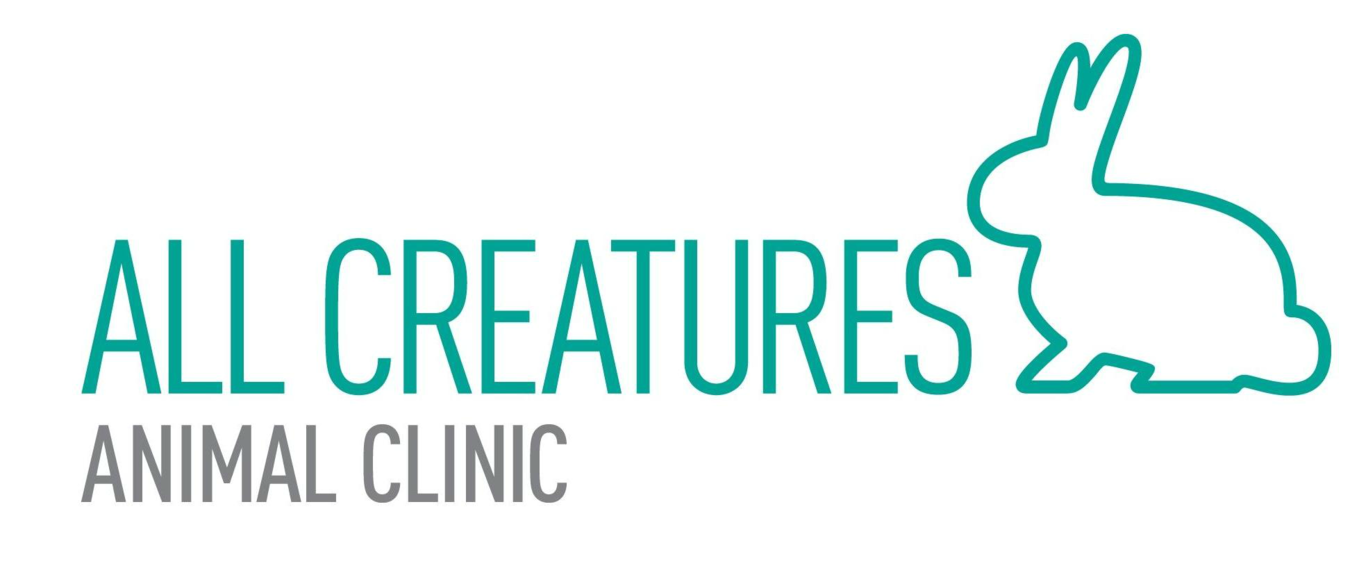Rabbit Wellness Care
In 2019, most people know what “good preventative care” looks like for pet dogs. At least once a year you take them in for an exam, update some vaccines, talk about heartworm prevention, run a blood profile, check a fecal sample for parasites, etc. We have come to know how much of a difference it can make for our pet dogs and cats to have good preventative medicine and to catch disease processes early with regular screening.
But what about rabbits? In the veterinary world, an“exotic” species is any pet that lives in your house other than a dog or a cat. Rabbits have become the most popular “exotic” species of all. People have owned rabbits for a very long time, but our relationship with them has changed in the last few decades. More and more of our bunny friends are found roaming free (or mostly free) in our main living areas, instead of being kept in outside coops.
Since All Creatures Animal Clinic is one of the few veterinary hospitals that sees rabbits in our area, we see a HUGE number of them. We see rabbits just about every day, and often 4-5 in a single day. Our rabbit owners are extremely dedicated to their pets. We perform advanced diagnostics, dentistry and surgery on them routinely when they become ill. But, sometimes even our most diligent clients are not quite sure what “routine” care should look like for their healthy rabbits.
Preventative care for rabbits (and other exotic pets) is extremely important. Most of the “exotic” species we keep are prey species or minimally communicative (I’m looking at you, snakes). Because of this, they don’t like to tell us when they are sick- until they are really sick. Regular preventative care and excellent diets and environments are the key to keeping our exotic pets happy and healthy.
So, what do we recommend for routine care for a healthy rabbit?
Annual exam- no substitute for having a trained professional take an up-close look.
Annual blood panel- a quick, low-stress sample can give us a wealth of information about what is going on inside your rabbits’ body.
Annual fecal examination- has your buddy picked up any parasites during the year?
Annual dental x-ray. Dental disease is very common in rabbits and we don’t usually catch it until it is quite advanced. By taking a single, quick picture once per year, we can pick up on disease at much earlier stages and make a big difference with small corrections. This is a minimally stressful procedure that is easy to do during your annual visit without any sedation.
What do we recommend for routine care for other exotics? Well, it depends on the species and the individual pet, but most species will benefit from the following:
Annual physical exam.
Annual fecal exam for parasites.
Annual blood panel.
Every species and every pet is a little bit different. There are no one-size-fits-all plans. We have to tailor our approach to every pet and to the whole family’s needs. But, these pets are important members of our family. By practicing robust preventative medicine, we can give our exotic friends the best care possible.
